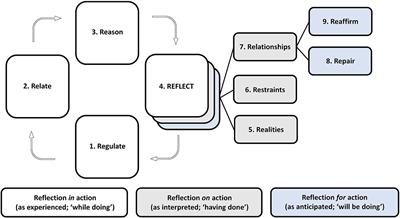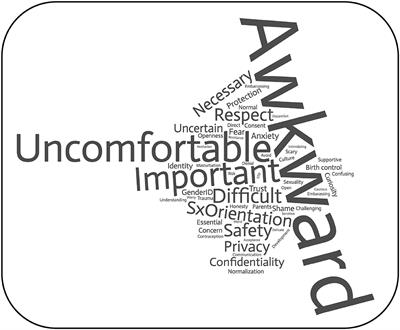EDITORIAL
Published on 04 Oct 2021
Editorial: Medical Education in Psychiatry
doi 10.3389/fpsyt.2021.764567
- 2,907 views
- 2 citations
14k
Total downloads
53k
Total views and downloads
EDITORIAL
Published on 04 Oct 2021
ORIGINAL RESEARCH
Published on 23 Jun 2021

CONCEPTUAL ANALYSIS
Published on 21 May 2021

CASE REPORT
Published on 20 Apr 2021

ORIGINAL RESEARCH
Published on 13 Apr 2021

ORIGINAL RESEARCH
Published on 31 Mar 2021

BRIEF RESEARCH REPORT
Published on 22 Mar 2021

ORIGINAL RESEARCH
Published on 05 Mar 2021

ORIGINAL RESEARCH
Published on 19 Feb 2021

ORIGINAL RESEARCH
Published on 09 Feb 2021

ORIGINAL RESEARCH
Published on 08 Jan 2021

ORIGINAL RESEARCH
Published on 17 Nov 2020

